Master of Science in Fluids and Thermal Sciences

学历文凭
Masters Degree

专业院系

开学时间

课程时长

课程学费

国际学生入学条件
IDP—雅思考试联合主办方

雅思考试总分
7.0
- 雅思总分:7
- 托福网考总分:90
- 托福笔试总分:577
- 其他语言考试:NA
CRICOS代码:
申请截止日期: 请与IDP联系 以获取详细信息。
课程简介
相关申请
 预科
预科 奖学金
奖学金 实习机会
实习机会 在校学习
在校学习 跨境学习
跨境学习 校园授课-线上开始
校园授课-线上开始 在线/远程学习
在线/远程学习
开学时间&学费
学费信息仅供参考,请与IDP联系以获取详细信息
| 开学时间 | 时长 | 学费 | 地点 |
|---|
学校排名

世界排名53
数据源:
泰晤士高等教育世界大学排名
关于布朗大学
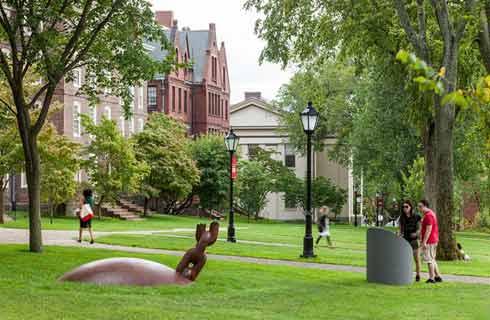
布朗大学是最为开放的顶尖大学之一美国排名前三十的大学中,多数很难在学术上分出明显的高低。而布朗之所以能一直成为全世界学生最向往的大学之一,其开放式的教学模式功不可没。布朗的Open Curriculum允许学生像其他大学的学生一样选择自己的专业,但同时自己选择理想的课程搭配。布朗本科78个专业方向中大部分是跨学科的,学生可从多达2000门课程中挑选自己喜欢的课程来DIY自己的大学之旅。与其他常青藤学校相比,布朗气氛和谐,学生们并不为竞争而烦恼,大多数学生都是很能平衡学习和娱乐生活,并善于社交的。校园里更多的是相互尊重,向对方学习。“唯一能感受到的竞争,就是不断挑战自己做的更好。”
本校相关课程

Doctor of Medicine / Master of Public Health
学历文凭
Combined Graduate / Doctoral Degree
开学日期
课程费用总额


流行病学理学硕士
学历文凭
Masters Degree
开学日期
课程费用总额


Master of Science in Brain Science
学历文凭
Masters Degree
开学日期
课程费用总额


计算机科学理学硕士
学历文凭
Masters Degree
开学日期
课程费用总额


生物统计学理学硕士
学历文凭
Masters Degree
开学日期
课程费用总额


生物统计学文学硕士
学历文凭
Masters Degree
开学日期
课程费用总额

其他相关课程
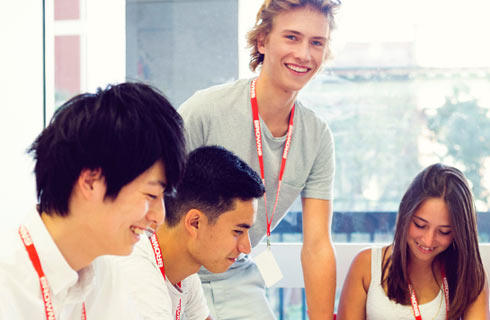
管理工程应用科学学士学位
 滑铁卢大学
滑铁卢大学学历文凭
Bachelor Degree
开学日期
课程费用总额

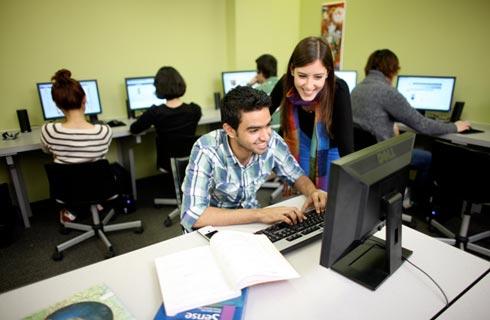
工学学士
 劳伦森大学
劳伦森大学学历文凭
Bachelor Degree
开学日期
课程费用总额


安大略大学电子工程技术员文凭
 圣力嘉学院
圣力嘉学院学历文凭
Bachelor Degree
开学日期
课程费用总额

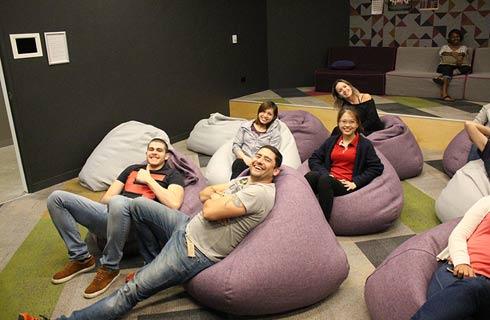
大学转学计划-工程
 哥伦比亚学院
哥伦比亚学院 学历文凭
Foundation for Undergraduate
开学日期
课程费用总额


生物系统工程哲学博士
 曼尼托巴大学
曼尼托巴大学学历文凭
Ph.D.
开学日期
课程费用总额

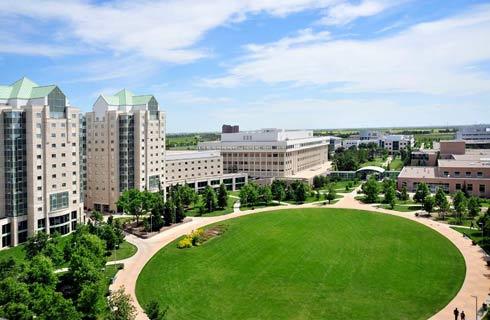
生物系统工程学硕士
 曼尼托巴大学
曼尼托巴大学学历文凭
Masters Degree
开学日期
课程费用总额









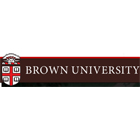
 美国
美国